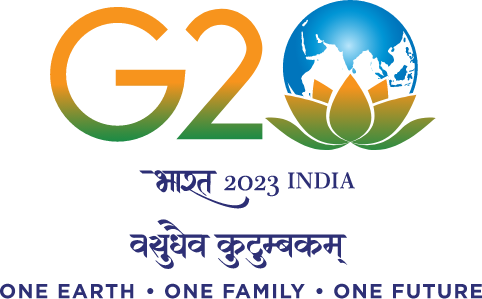Teacher-in-Charge: Dr Shanuja Beri
“There is no life without nature.” This is the basic philosophical premise on which the Department of Environmental Science was constituted in the Kalindi College in the year 2021. To underline the importance and incorporate the best practices for living harmoniously with nature and how we can best reconcile economic development with the environment, environmental science was introduced as an ability enhancement course (AEC) at the graduate level. Since 2021 as a separate department, through classroom teachings, different activities, workshops, and seminars, the department is fully engaged in spreading awareness among the young students about the current existential crisis looming over the survival of human beings. The teaching-learning methodologies are designed to provide the undergraduate students with a comprehensive understanding of the subject in a simplistic manner, as well as evoke critical reasoning and analytical thinking among them. The various approaches to the teaching-learning process include classroom lectures, video presentations, and ICT-enabled teaching tools. For enhancing practical understanding, field visits are encouraged to relevant places in Delhi, like biodiversity parks, protected areas, wetlands, sewage treatment plants, etc.
Department of Environmental Science is one of the most vibrant and proactive department of Kalindi College. The department emphasizes the importance of environmental advocacy and policy-making. Courses in environmental ethics, law, and economics prepare students to engage effectively in policy discussions and contribute to sustainable development initiatives.
Extracurricular opportunities, including student-led organizations, workshops, and seminars, foster a vibrant community focused on environmental stewardship. Our alumni have gone on to pursue successful careers in academia, government, non-profit organizations, and the private sector, demonstrating the versatility and relevance of an environmental science degree.
Overall, the Department of Environmental Science is dedicated to cultivating informed, proactive leaders who are prepared to create innovative solutions for a sustainable future. Through rigorous education and impactful research, we aim to inspire a deep commitment to protecting our planet and its resources.
Scope of the subject:
The course will empower the undergraduate students by helping them to
1. Gain in-depth knowledge on natural processes and resources that sustain life and govern economy.
2. Understand the consequences of human actions on the web of life, global economy, and quality of human life.
3. Develop critical thinking for shaping strategies (scientific, social, economic, administrative, and legal) for environmental protection, conservation of biodiversity, environmental equity, and sustainable development.
4. Acquire values and attitudes towards understanding complex environmental- economic, social challenges, and active participation in solving current environmental problems and preventing the future ones.
5. Adopt sustainability as a practice in life, society, and industry.





